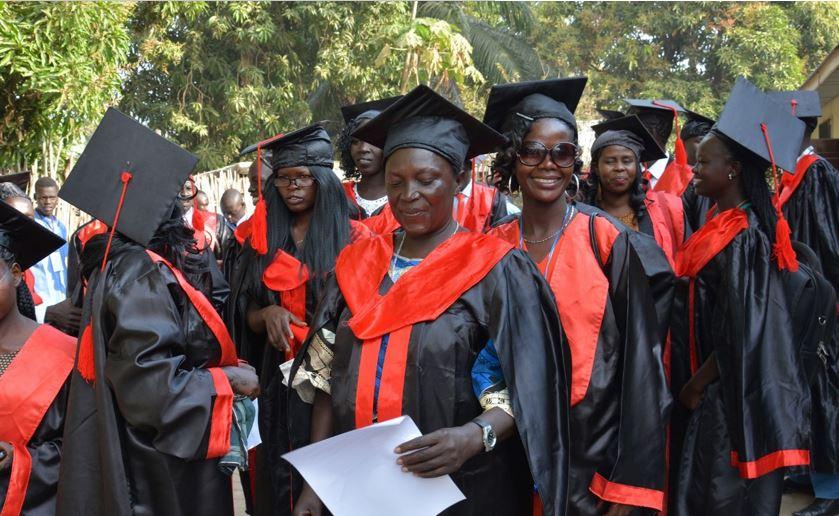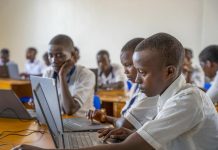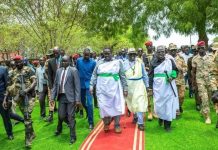Africa-Press – South-Sudan. Students continue to snub the faculty of education due to the country’s poor remuneration for teachers and lecturers, the National Examination Council Committee for Higher Education lamented.
Gabriel Changson Chang, the minister of higher education, science, and technology and the committee’s chairman, stated that most students have been discouraged from applying for college courses due to low pay in the education sector.
“Education colleges are on the list of unappealing options for students due to the state of the education sector in the country,” he said.
“Students became astute in their career choices; they chose what would pay them after they completed their studies.”
According to him, teachers and lecturers are paid less or not at all because the country’s education sector has not received much attention.
“Colleges of medicine, nursing, law, zoology, mining, and petroleum are the most appealing; compared to colleges of education,” Chang revealed.
He described the situation as concerning and upsetting for the country’s education sector, and requires urgent attention.
He said, “For example, at the University of Juba’s School of Medicine, the planned number was 100, but the university accepted 104, and the cutoff point, which is the list among the 104 applicants, was 87.4 percent in terms of results.”
“At Upper Nile University, out of the 100 planned slots in the faculties of medicine, nursing, public health, and veterinary medicine, over 100 were taken for each college, with not less than 80 per cent in terms of results.”
He added that colleges of education are likely to post zero entries due to such growing disinterest.
To attract and encourage students to attend education colleges, the committee proposed offering free scholarships to students who want to join the faculty.
Others include paying teachers and lecturers well and on a monthly basis, as well as paying education students incentives.
He urged President Salva Kiir’s administration, especially lawmakers, to pass laws that can prioritise education as well as increase their investment in education by focusing more attention on the sector.
According to recent admissions, only 7,724 candidates applied for admission out of a total of 27,975 targeted candidates and 19,665 available slots across the universities in the country.
However, only 5,289 out of 7,724 students applied for the available slots in universities, compared to last year’s 6,962 accepted students.
On Wednesday, the minister of public service and human resource development, Joseph Bangasi Bakosoro, urged the country’s leaders not to give up on the country’s waning education system if the country is to pursue development.
According to Bakosoro, education is a major catalyst for development that must not be abandoned.
“Our only big challenge as a country is that we overlook the institutions that are supposed to be taken seriously; our priorities are not the priorities of other countries.”
“The priority for the country to move forward should be education, but in our case it was the opposite; which we need to change for a better future,” he said.
He emphasised the importance of quality education, arguing it gives young people the knowledge and skills they need, as well as the opportunity to develop positive values and ideas.
For More News And Analysis About South-Sudan Follow Africa-Press






